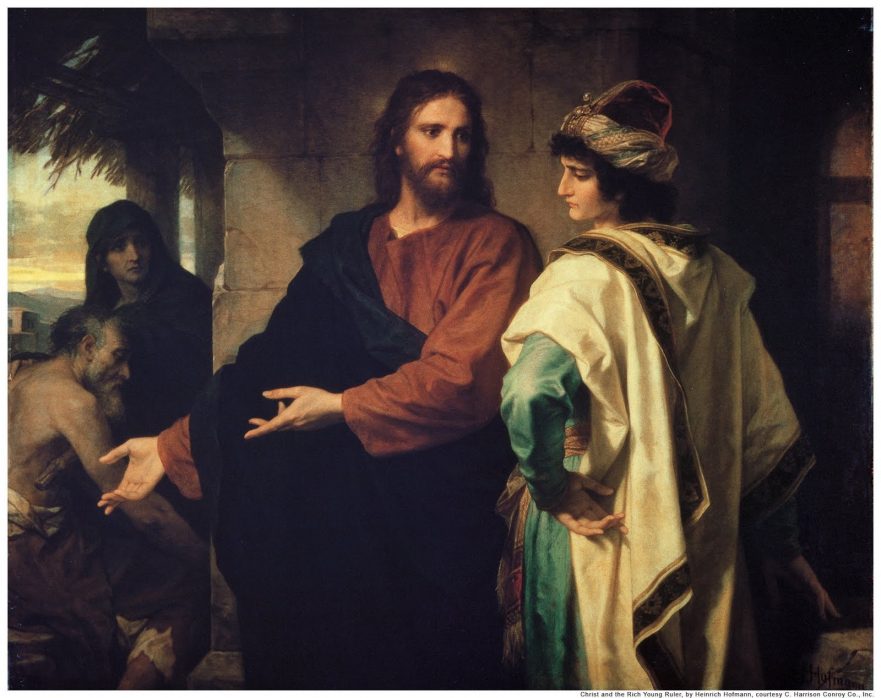Revised 29-Oct.-2015
Over the past few years, I have reflected much on the phrases “to enter the Kingdom of Heaven” and “to inherit eternal life.” One important conclusion based on my reading of early rabbinic literature and Matthew, Mark, and Luke is that these are independent concepts sharing a fuzzy area of overlap. Much of the confusion stems from their temporal relationship. Although the Kingdom of Heaven is anchored in the present, it never ends and, therefore, persists into the future. Eternal life belongs to the future, but whether or not a person will inherit it, his or her deeds among the quick here on earth influence that decision.
An important question for teachers of New Testament, systematic, or pastoral theology to consider is the following: Are entering the Kingdom of Heaven and inheriting eternal life identical accomplishments? Or asked another way, are the respective entry and inheritance requirements synonymous? If not, then those teaching in our churches and seminaries should clarify the difference. It may be of enough significance to require a revision of doctrine.
The Rich Young Man story is recounted in each of the first three Gospels. I have noticed that when an expositor explains it, he or she usually depicts the young Jewish fellow in an unflattering way. Either doubt is cast on his sterling record for keeping the commandments, or he is described as avaricious. I prefer giving him the benefit of the doubt and crediting his claim about his devotion to Torah. Note, too, that this passage begins with his question about inheriting eternal life, but ends with Jesus’ famous saying about a camel squeezing through the eye of a needle as a metaphor for a man of means entering the Kingdom of Heaven (or God).
After asking his question and emphasizing fidelity to the commandments from his youth, the man pressed Jesus. He apparently wanted to know if there were yet more—something beyond keeping the commandments and inheriting eternal life. Jesus then offered him a second option: “Sell all that you have, give the proceeds to the poor, and follow me!” Had this young man complied, he would have acquired treasure in heaven and joined Jesus’ band of disciples. In Synoptic parlance, he would have entered the Kingdom of Heaven.
Just like Peter (Luke 5:11) and Levi (Luke 5:28), this man received an invitation to follow. But unlike them, he could not leave everything behind and, therefore, walked away sad. Jesus then seized the moment to make a fiscally challenging declaration: “How hard it is for those who have riches to enter the Kingdom of God!” In the light of Jesus’ comment, the tax collector Levi had done the unexpected. A wealthy man, he had left everything behind and followed (i.e., entered the Kingdom of Heaven).
This interpretive approach to The Rich Young Man story accepts the exchange between Jesus and the anonymous interlocutor more or less at face value. It is a simple reading of the passage without the insertion of doctrine or dogma. Nevertheless, I am challenged by its implications. For example, I have become more conservative in applying the phrase “to enter the Kingdom of Heaven.” Although I may be a good candidate for inheriting eternal life—because of my modest pantry of faith and good works and God’s overstocked warehouse of grace—I shy away from describing myself as having entered the Kingdom of Heaven. I reserve such accolade for a saintly few. In essence, rethinking the rich young man’s dilemma has forced me to lower the spiritual assessment of my own life, while raising the standard of entry into the domain of Jesus’ lordship.































































































